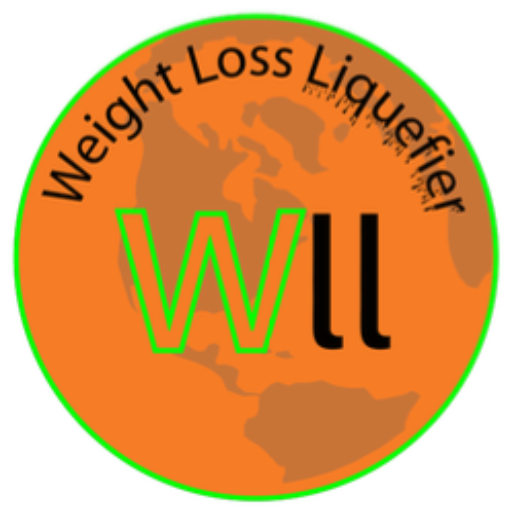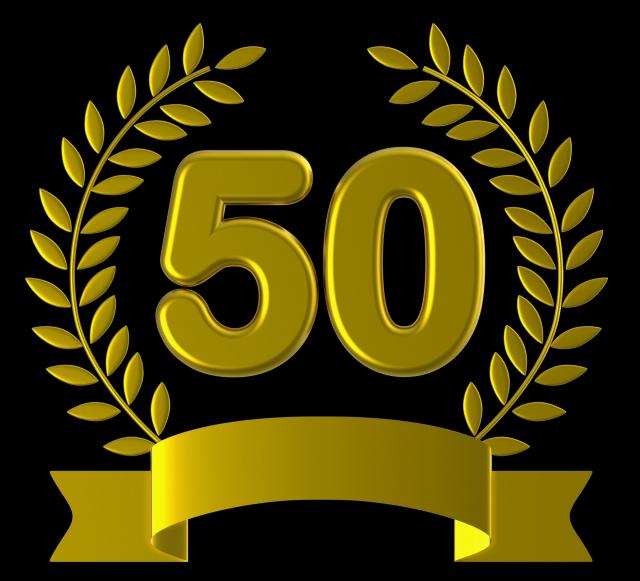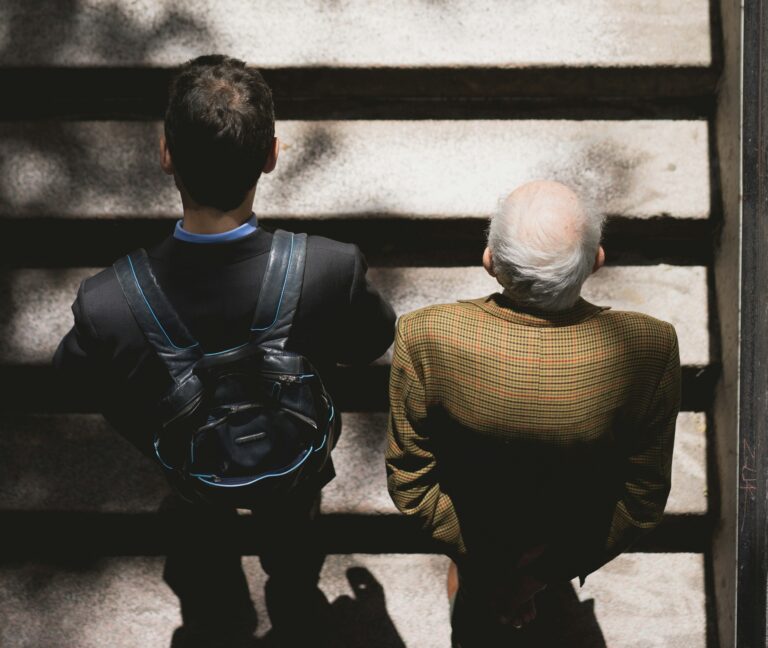How to Lose Weight After 50: Proven Strategies for Sustainable Fat Loss
I don’t know about you, but as I entered my 50s, it was soon apparent that my body had changed. That’s funny, I don’t recall getting a notification about it. Lol
Losing weight became a challenge as well as building and maintaining lean muscle.
As my metabolism slowed down, it became more and more of an uphill battle to stay fit and enjoy everyday life. But don’t despair, this is normal and very manageable. Incorporating these simple changes in your daily life will make a world of difference.
Do you feel lost and overwhelmed in trying to make healthy choices to lose weight after 50? Let’s keep it simple and to the point shall we?
This article is a “breezy stroll through a park.” 😊
Table of Contents
1. Why Weight Loss After 50 Is Different
2. Best Diet for Weight Loss Over 50
3. Effective Exercises for Fat Loss
4. How to Boost Metabolism as You Age
5. Sleep and Stress: The Hidden Weight Loss Factors
6. FAQs
Key Takeaways
- ✅ Weight loss after 50 is possible with the right diet, exercise, and lifestyle adjustments.
- ✅ Strength training is crucial for maintaining muscle and boosting metabolism.
- ✅ Prioritize protein, fiber, and healthy fats while avoiding processed foods.
- ✅ Sleep and stress management play a major role in weight loss success.
- ✅ Stay consistent—small daily habits lead to long-term results.
Why is Weight Loss After 50 Different?
Losing weight after 50 is harder due to hormonal shifts, muscle loss, and a slower metabolism. But with the right strategy, it’s absolutely possible.
As we age, our bodies naturally undergo changes that make weight loss more challenging. Metabolism slows, muscle mass decreases, and hormonal fluctuations—especially in women going through menopause—can lead to increased fat storage.
Lifestyle factors such as reduced activity levels and stress can further contribute to weight gain.
The key to success? Focus on sustainable changes that support fat loss while maintaining muscle and overall health.
What’s the Best Diet for Weight Loss Over 50?
Prioritize protein, fiber, and healthy fats while reducing processed carbs and sugars to support fat loss and muscle maintenance.
A well-balanced diet tailored for individuals over 50 should include:
• Lean Proteins (chicken, fish, eggs, Greek yogurt) – Maintains muscle and boosts metabolism.
• High-Fiber Foods (vegetables, fruits, legumes, whole grains) – Improves digestion and keeps you full longer.
• Healthy Fats (avocados, nuts, olive oil) – Supports hormone balance and overall health.
• Hydration – Drinking enough water aids digestion and curbs unnecessary cravings.
(For keeping track of your hydration, check out this smart water bottle by Water io. This water bottle lets me know how much water I’m consuming. It’s a great device to remind you to stay hydrated.) My wife and I absolutely love it!
Foods to avoid: Sugary snacks, refined carbs (white bread, pasta), fried foods, and excessive alcohol.
**As an Amazon Associate I may earn from qualified purchases. If you make a purchase through these links, I may earn a commission at no extra cost to you.**
Effective Exercises for Fat Loss
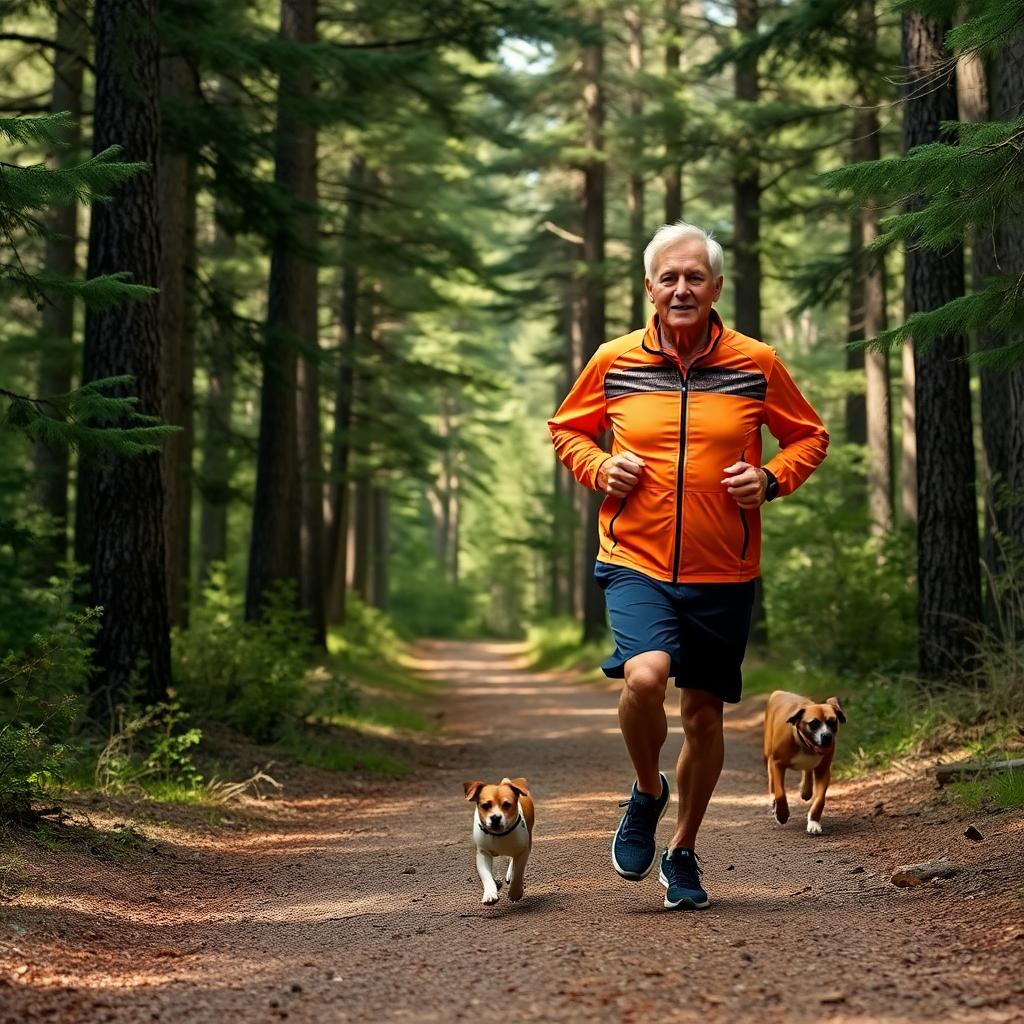
Combine strength training, cardio, and flexibility exercises for optimal weight loss and mobility after 50.
1. Strength Training (2–3 times per week) – Lifting weights or using resistance bands preserves muscle and boosts metabolism.
2. Cardio Workouts (3–5 times per week) – Walking, cycling, or swimming helps burn calories and improve heart health.
3. Flexibility & Balance (daily) – Yoga, Pilates, or simple stretching enhances mobility and prevents injuries.
Pro Tip: Focus on compound movements like squats, push-ups, and deadlifts for maximum results in minimal time.
How to Boost Metabolism as You Age
Increase protein intake, stay active, and get enough sleep to keep your metabolism working efficiently.
A slower metabolism means fewer calories burned at rest. Combat this by:
✔️ Eating more protein – Helps maintain lean muscle, which burns more calories than fat.
✔️ Strength training regularly – More muscle = higher resting metabolic rate.
✔️ Staying hydrated – Water helps regulate digestion and metabolism.
✔️ Sleeping well – Poor sleep can slow metabolism and increase fat storage.
For more information about speeding up your metabolism per gender, look at these articles: How to Speed Up Metabolism After 50 Female: Tips for Women and How to Speed Up Metabolism After 50 Male: Tips for Men.
Sleep and Stress: The Hidden Weight Loss Factors

Poor sleep and high stress lead to weight gain by increasing cravings, lowering metabolism, and disrupting hormones.
• Lack of sleep increases hunger hormones (ghrelin) and decreases fullness hormones (leptin), leading to overeating.
• Chronic stress raises cortisol levels, which can promote belly fat storage.
Solutions:
- Aim for 7–9 hours of sleep per night.
- Manage stress through meditation, deep breathing, or light exercise.
- Use sleep trackers such as an Oura ring or Apple smart watch to view your daily progress.
I own both but personally prefer wearing the Oura ring for sleep tracking, as it’s a lot more comfortable. Tracking my sleep has been a game changer. I can see patterns based on the data, then I can adjust my bed times, naps, caffeine intake, or change pillows to get better rest. It’s definitely worth it!
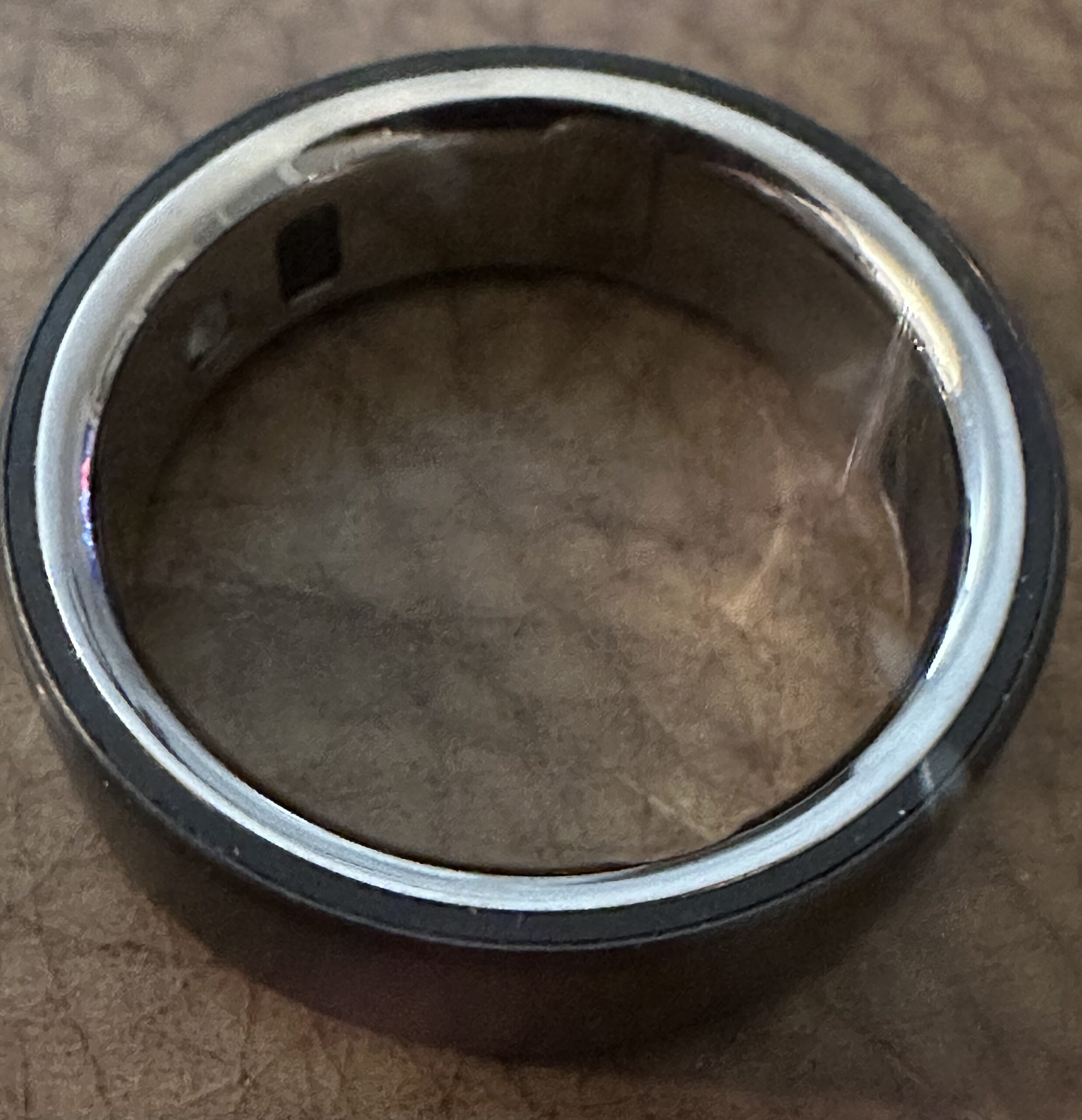
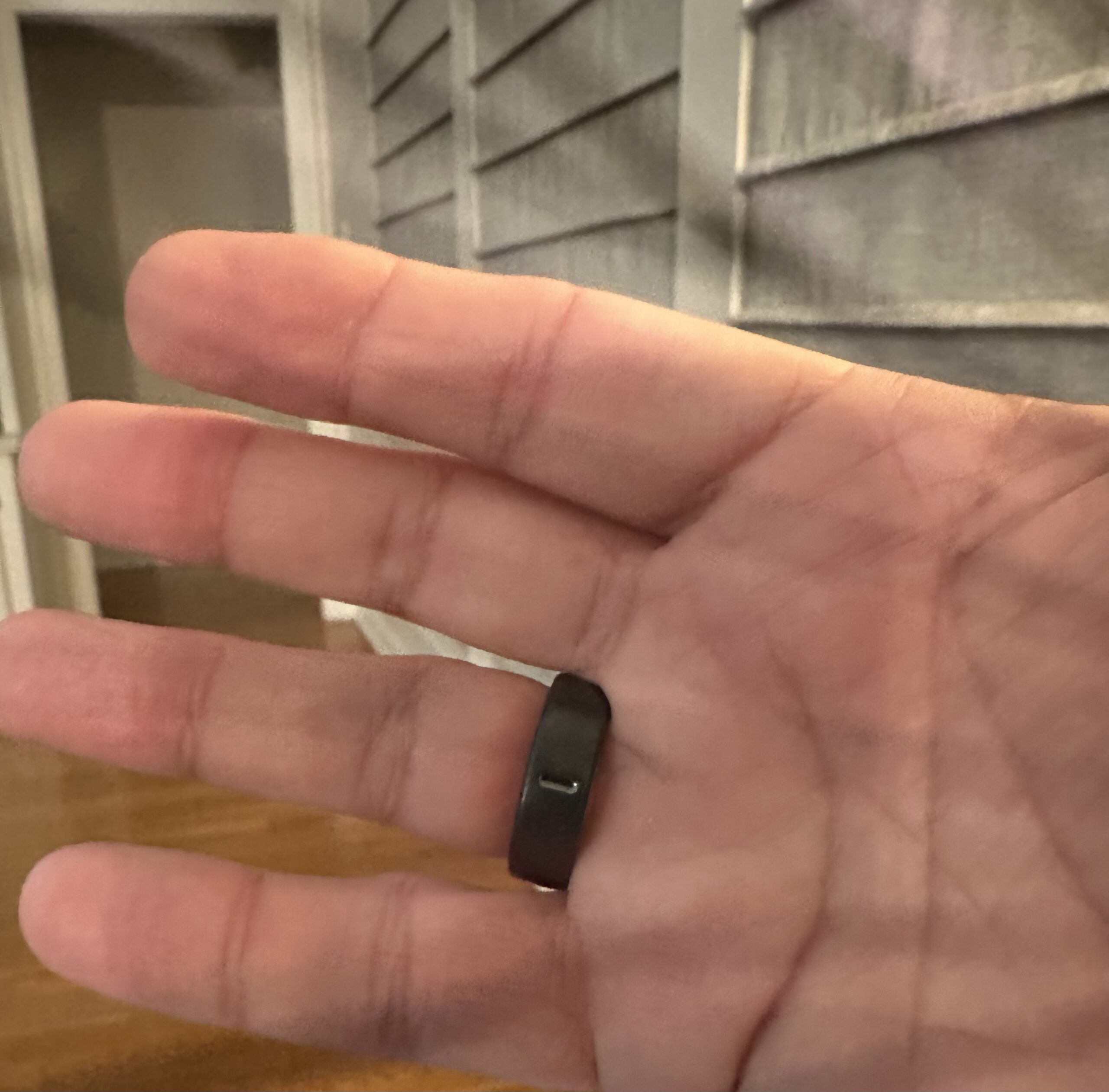
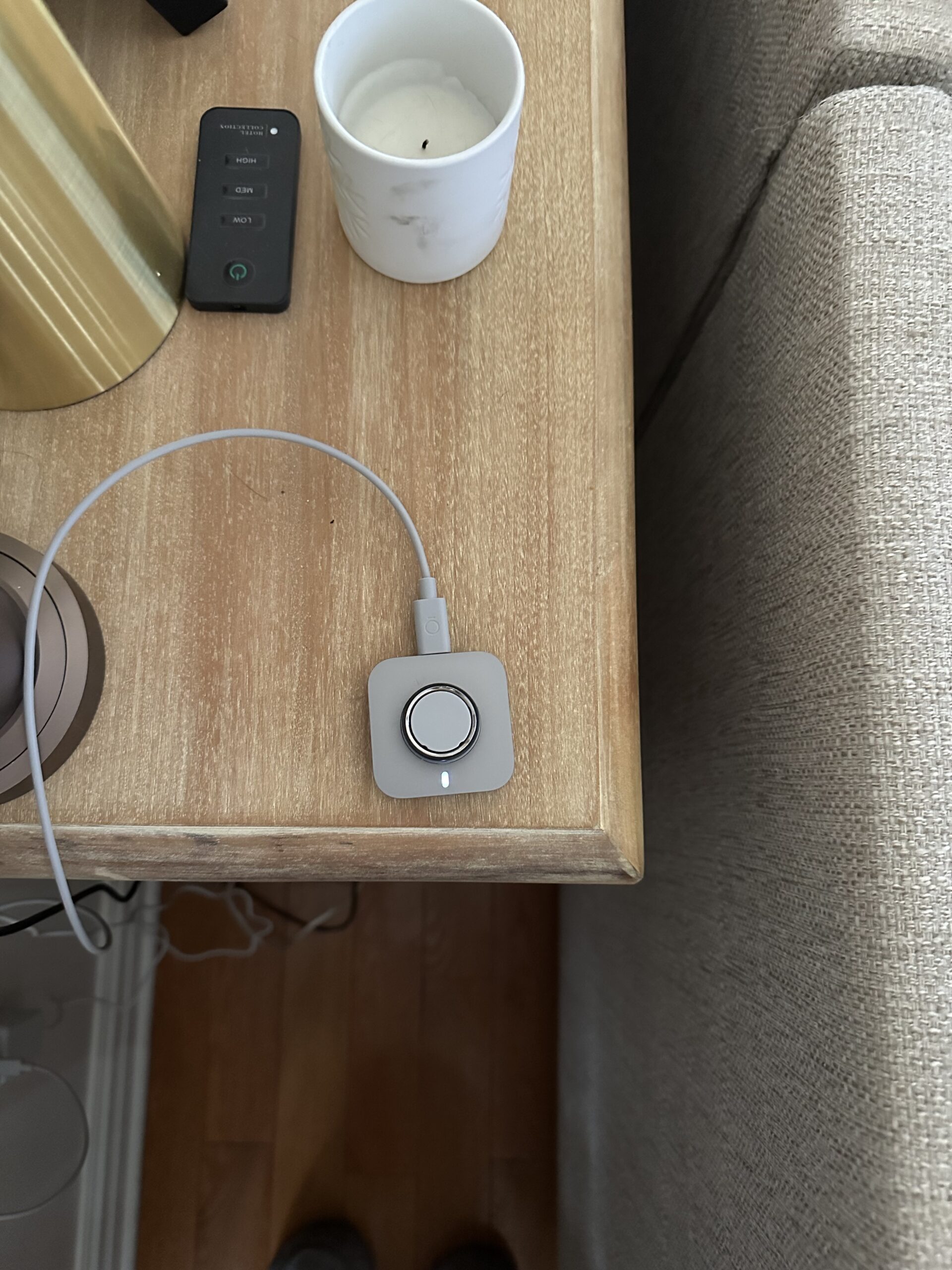
**As an Amazon Associate I may earn from qualified purchases. If you make a purchase through these links, I may earn a commission at no extra cost to you.**
Frequently Asked Questions
1. Can you really lose weight after 50?
Yes! By adjusting your diet, increasing strength training, and managing sleep and stress, you can lose weight and maintain a healthy body.
2. How many calories should I eat daily?
This varies by gender, activity level, and goals, but most people over 50 should aim for 1,500–2,000 calories per day with a focus on protein and whole foods.
3. What’s the best exercise for weight loss after 50?
A mix of strength training, cardio, and flexibility exercises is best for fat loss, muscle maintenance, and overall health.
4. Why is belly fat harder to lose after 50?
Hormonal changes, especially in women after menopause, can cause more fat storage around the abdomen. Strength training and a high-protein diet help combat this.
5. Do I need supplements to lose weight?
While not necessary, vitamin D, omega-3s, and protein supplements can support weight loss and overall health.
Final Thoughts & Next Steps
Losing weight after 50 isn’t about extreme diets or punishing workouts—it’s about making smart, sustainable changes that fit your lifestyle. Start by focusing on one habit at a time, whether it’s adding more protein, walking daily, or improving sleep quality.
Ready to take the next step?
✔️ Bookmark this guide for reference.
✔️ Join a Fit Over 50 community for support and motivation.
✔️ Consider working with a personal trainer or nutritionist for personalized guidance.
By taking action today, you’ll set yourself up for a healthier, stronger future.
If you wish to connect with us or have any questions, please leave a comment, subscribe, or send an email: steveandmichele@weightlossliquefier.com
